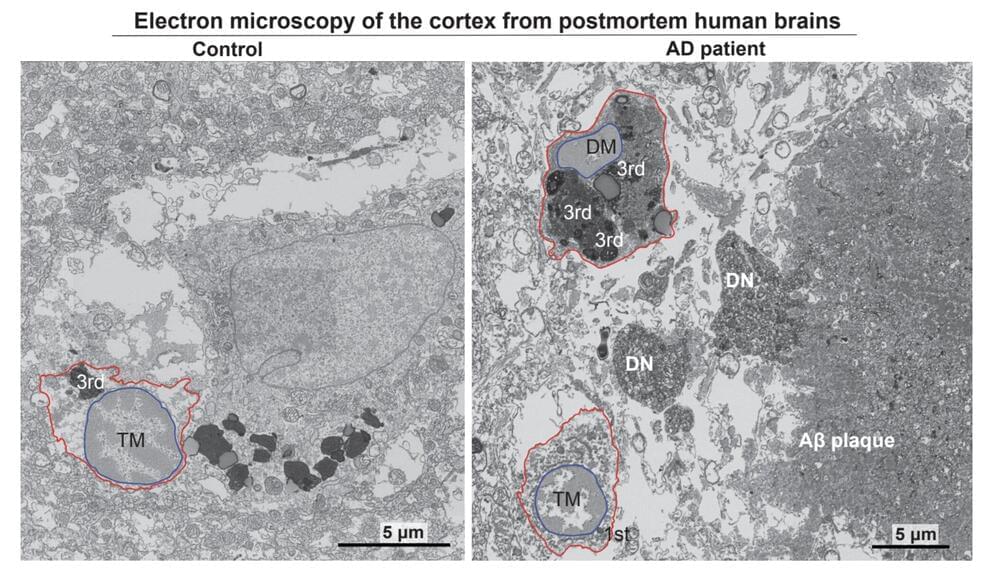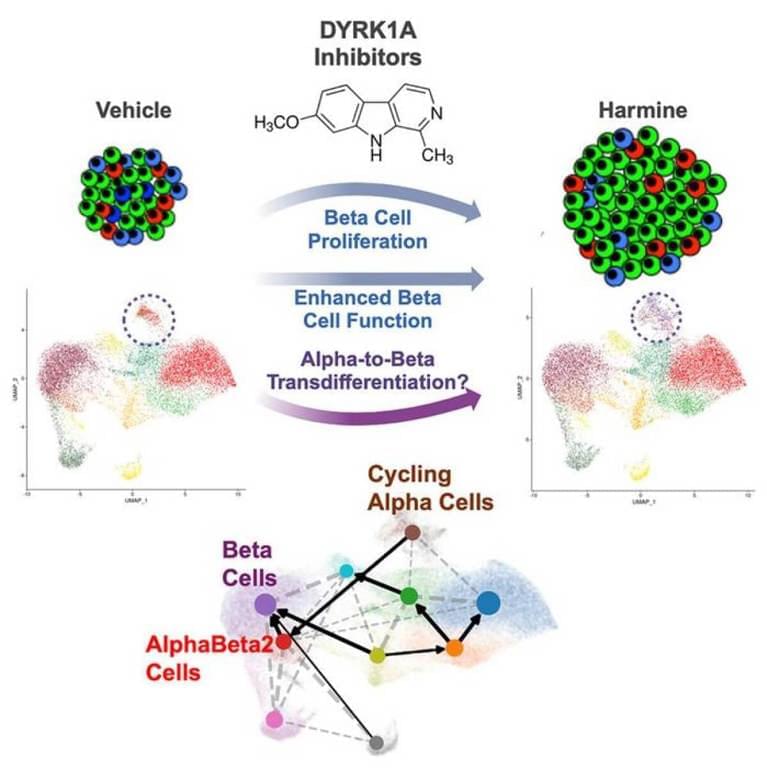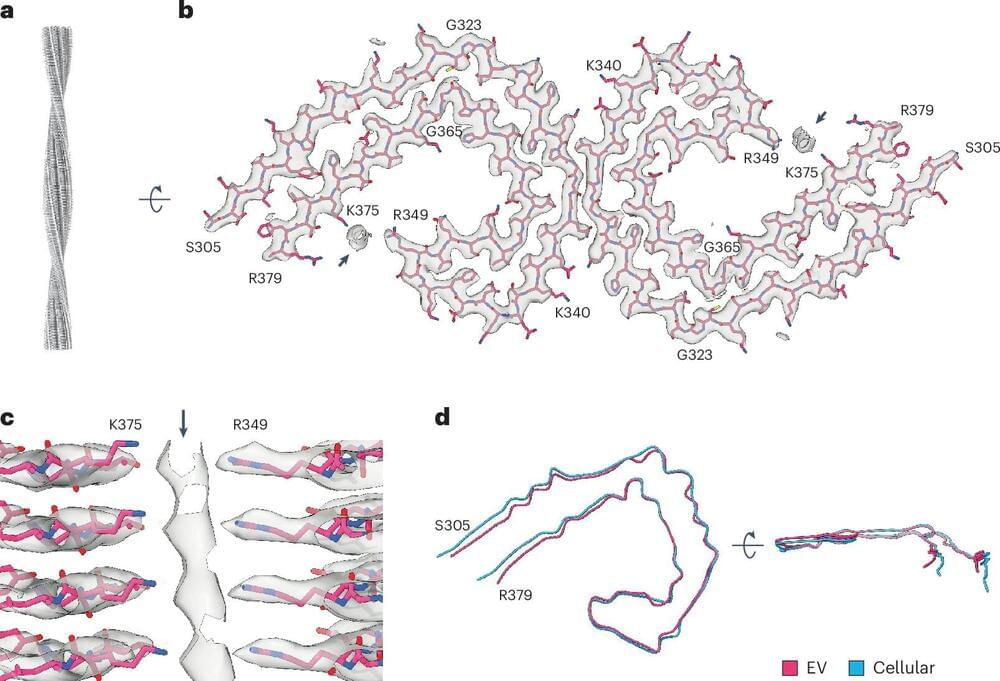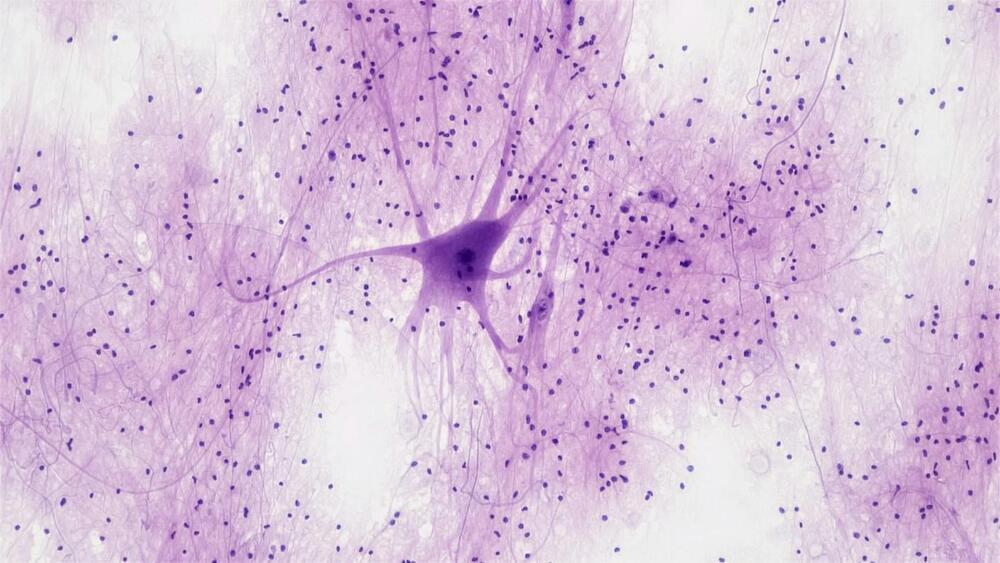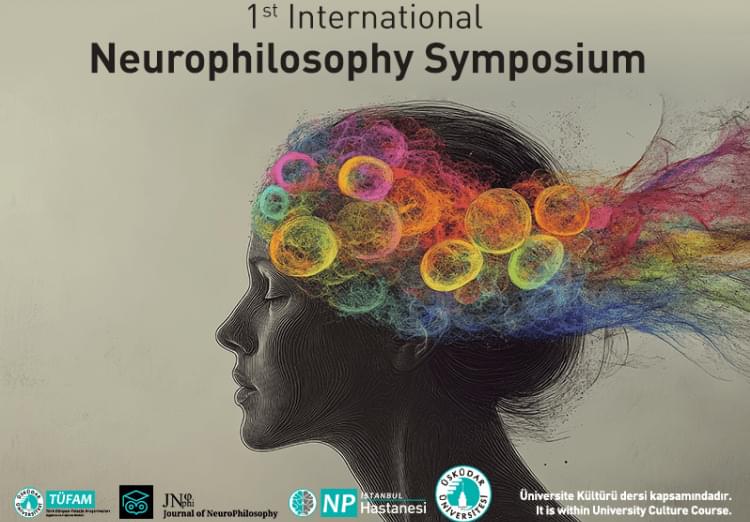Sometimes pain is a necessary warning signal; for example, if we touch something very hot and it burns, we know to move our hand away. But chronic pain can destroy a person’s quality of life, and it can be extremely challenging to get relief. Some researchers have been searching for ways to deactivate pain receptors, so the body no longer feels the neural signals of chronic pain. Using mouse models of acute inflammatory pain, scientists have shown that it is possible to deactivate pain receptors with genetic engineering tools. The work has been reported in Cell.
“What we have developed is potentially a gene therapy approach for chronic pain,” said senior study author Bryan L. Roth, MD, PhD, a distinguished professor at the University of North Carolina (UNC) School of Medicine, among other appointments. “The idea is that we could deliver this chemogenetic tool through a virus to the neurons that sense the pain. Then, you could just take an inert pill and turn those neurons off, and the pain will literally disappear.”

